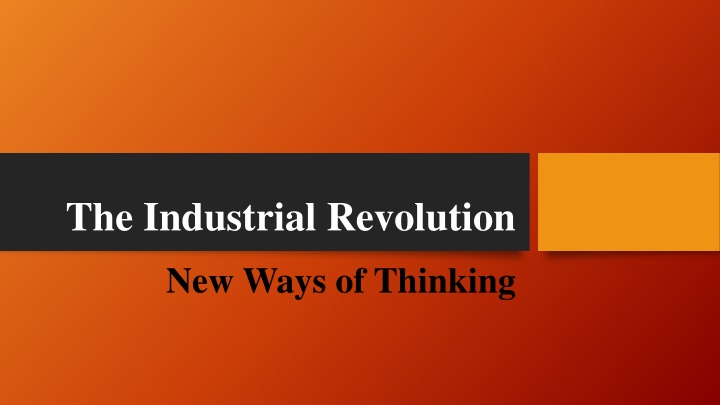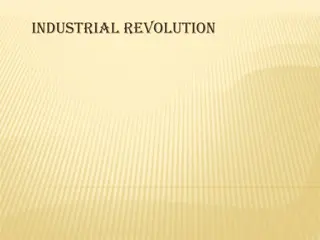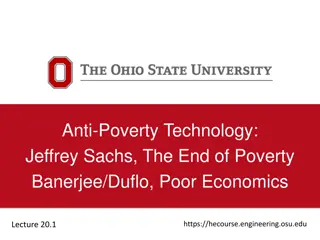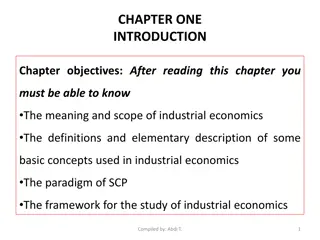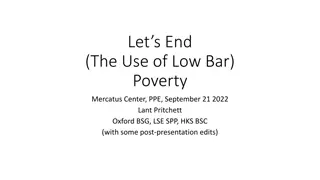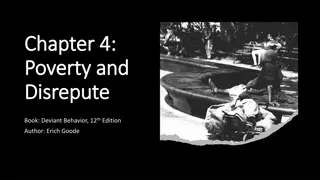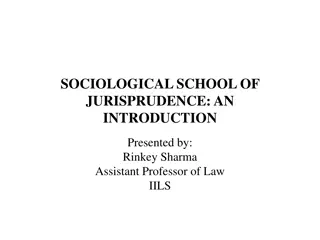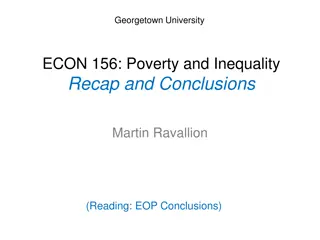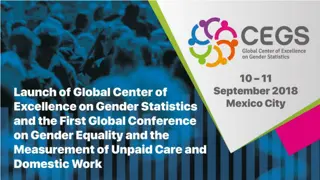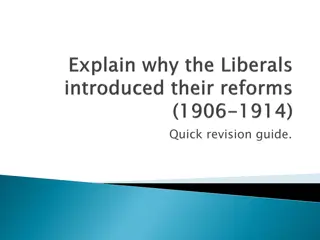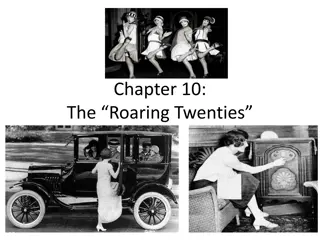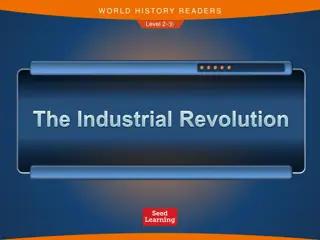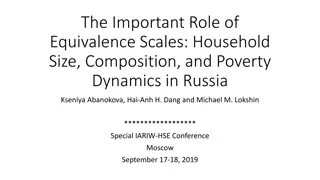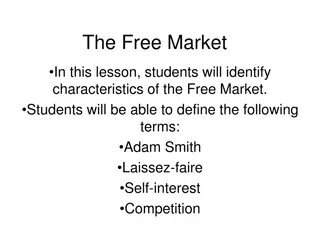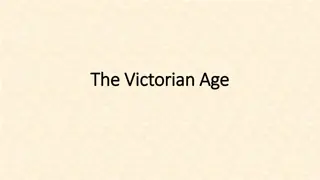The Industrial Revolution and Laissez-Faire Economics: Perspectives on Population and Poverty
Industrial revolution led to new ways of thinking, including population theories by Thomas Malthus and economic concepts like laissez-faire advocated by thinkers such as Adam Smith and David Ricardo. Malthus and Ricardo held bleak views on poverty and population growth, suggesting limited government intervention and individual responsibility.
Download Presentation

Please find below an Image/Link to download the presentation.
The content on the website is provided AS IS for your information and personal use only. It may not be sold, licensed, or shared on other websites without obtaining consent from the author.If you encounter any issues during the download, it is possible that the publisher has removed the file from their server.
You are allowed to download the files provided on this website for personal or commercial use, subject to the condition that they are used lawfully. All files are the property of their respective owners.
The content on the website is provided AS IS for your information and personal use only. It may not be sold, licensed, or shared on other websites without obtaining consent from the author.
E N D
Presentation Transcript
The Industrial Revolution New Ways of Thinking
Population Theory British economist Thomas Malthus saw the effects of the population explosion- crowded slums, hungry families, unemployment, and widespread misery Concluded poverty was unavoidable because population increase was greater than the food supply Believed power of population was greater than power of Earth to provide for humans
Laissez-Faire Economics During the Enlightenment, thinkers began arguing that natural laws should be allowed without interference Believed that government should not interfere with free operation of the economy In 1800s, business leaders embraced laissez-faire approach
Laissez-Faire Economics Main proponent for laissez-faire economics was Adam Smith who wrote The Wealth of Nations Believed the free market would help everyone, not just the rich- free market would produce more goods at lower prices, making them more affordable Growing economy would encourage capitalists to reinvest profits in new ventures
Malthus Bleak View Also a laissez-faire economist, Malthus predicted that population would outpace food supply Believed the only check on population growth was nature s natural method of war, disease, and famine To prevent poor from suffering, he urged families to have fewer children and discouraged handouts and vaccinations
David Ricardo Also held a dismal view of working class not being able to escape poverty Believed wage increases were futile, because they would only cover cost of necessities because families had more children rather than raising current standard of living
David Ricardo Opposed any government assistance for the poor Believed the best cure for poverty was the unrestricted laws of the free market Felt individuals should improve their lot through thrift, hard work, and limiting the size of families
Utilitarians For Limited Government By 1800s, Jeremy Bentham was advocating utilitarianism (idea that the goal of society should be the greatest happiness for the greatest number of its citizens) Believed laws should be judged based on their ability to provide more happiness than pain
Utilitarians For Limited Government Bentham strongly supported individual freedom, which he believed guaranteed happiness Still saw the need for government to be involved under certain circumstances Influenced ideas of John Stuart Mill who believed government should step in to improve lives of the working class
Socialism Socialist thinkers began focusing on the good of society rather than the individual Condemned capitalism because they believed it created a gulf between rich and poor Offered a new solution socialism (the people as a whole own the means of production the farms, factories, railways, et cetera, that produced and distributed goods)
Utopians Early socialists established communities where people worked together and shared all property They believed when there were no difference between rich and poor, fighting would disappear Early socialists often called Utopians, because they were believed to be impractical dreamers
Karl Marx and Communism 1840s: Karl Marx condemned the ideas of Utopians as unrealistic idealism, formulating the theory of scientific socialism Claimed it was based on scientific study of history Wrote The Communist Manifesto published in 1848
Karl Marx and Communism Marx predicted a coming war of social classes which would lead to a classless society where all means of production would be owned by the community In practice, communism came to refer to the government led by a small elite that controlled all economic and political life Marx believed economics was the driving force of history
Karl Marx and Communism Believed that history was driven by a struggle between the haves and the have-nots Called the haves the bourgeoisie and the have- nots the proletariat or working class Believed the proletariat would be triumphant and workers would take over the means of production and set up a communist society
Karl Marx and Communism Marx believed this society would end the struggles of the past because wealth and power would be shared equally Called for an international struggle to bring down capitalism Although Marxism gained popularity at first, his ideas would never be practiced as he imagined
Marxism in Practice 1860s: German socialists adapted Marx s beliefs to form social democracy Political ideology of gradual transition from capitalism to socialism rather than a violent overthrow of the system 1917: Russian Revolution set up a communist- inspired government
Marxism in Practice Failures in Marxist governments would illustrate flaws in Marx s arguments Workers did not unite across international borders, feeling a stronger loyalty to their own countries By the end of the 20thcentury, few nations remained with communist governments
